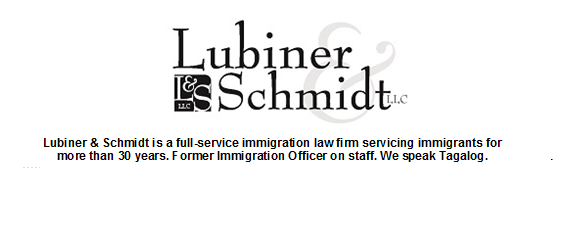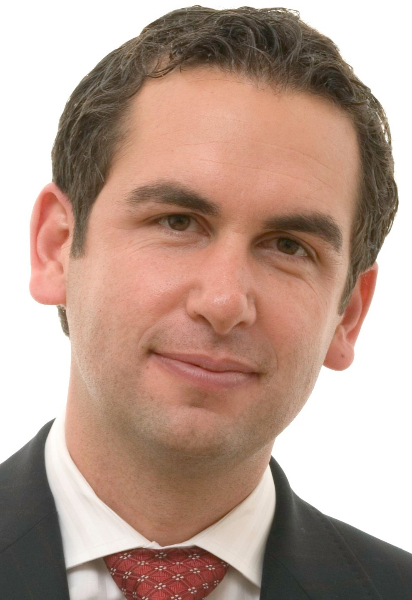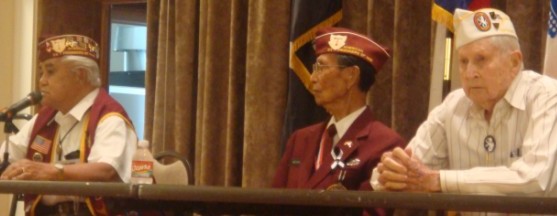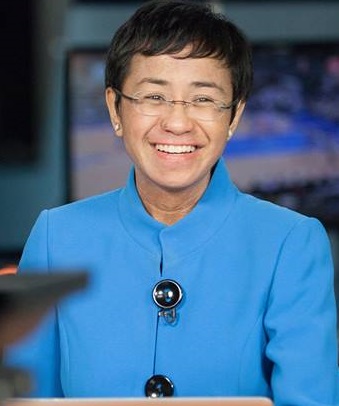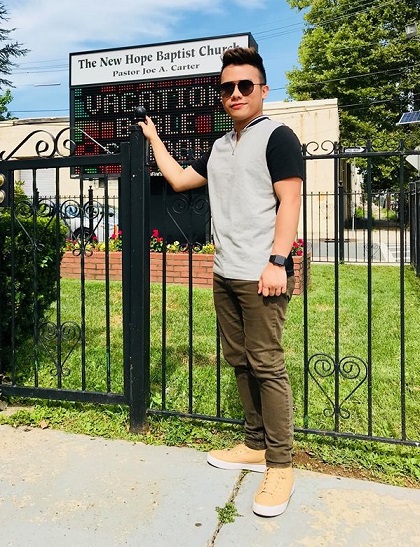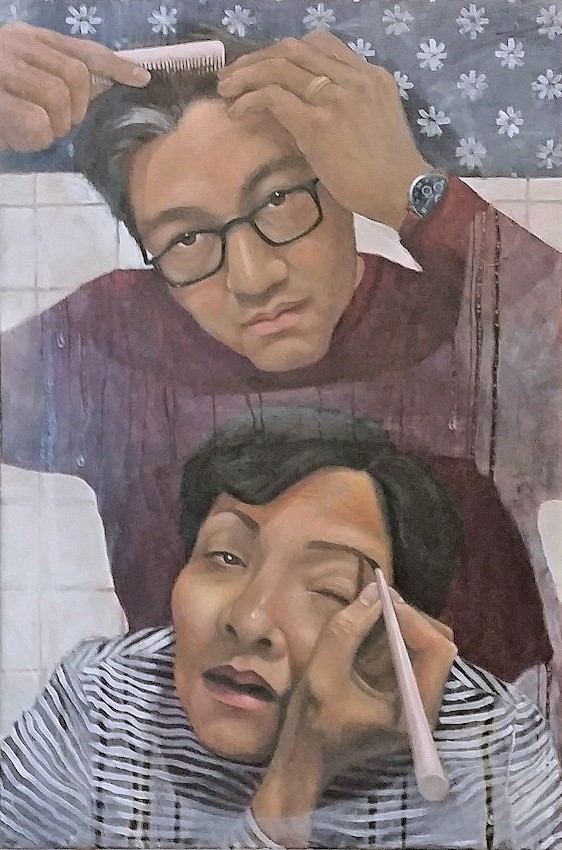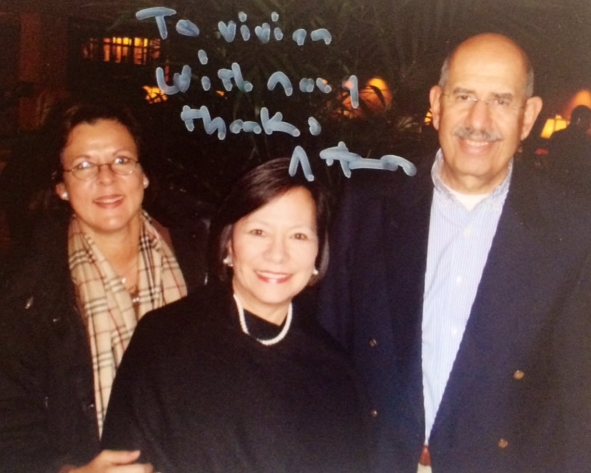Vivian Talambiras-Cruz and the endearing story behind her Nobel Peace Prize
By Cristina DC Pastor“I think the U.S. is going to declare war on Iraq.”
With these words, spoken calmly with no hint of panic in her voice, Vivian Talambiras-Cruz broke the news to her boss, Mohamed ElBaradei, then the Director General of the UN’s nuclear watchdog, the International Atomic Energy Agency (IAEA).
ElBaradei had just arrived from Vienna on one of his many peace missions. As the Assistant to the Director at the IAEA, Vivian was the first contact of information when he arrived at the UN Millennium Hotel one evening in 2003.
“His jaw just dropped,” she said recalling the look on his face. It wasn’t exhaustion from the long trip that she was looking at. It was like a defeat. “He was trying to prevent that.”
ElBaradei was saddled with a monumental decision: The IAEA needed to verify the existence of a nuclear program in Iraq as mandated by the Security Council. The Egyptian diplomat pleaded for more time because there was not enough evidence. At the same time, he argued that the allies consider making an “investment in peace.”
The allies couldn’t wait, and so the U.S.-led coalition forces invaded Iraq on March 19, 2003. Operation Enduring Freedom launched massive strikes on sites and buildings known to contain nuclear weapons. The fall of Baghdad and the flight of Iraqi President Saddam Hussein may have ended all military attacks, but the loss of civilian lives and the havoc on children continue to be felt to this day.
“He was very concerned about (that), and history proved him right,” said Vivian who, by virtue of her position in the UN, found herself at this stage in contemporary world history.
“I wasn’t nervous at all (breaking the news to him),” she said when interviewed by The FilAm about this storied episode in her professional career. “I was more worried about him and his would-be reaction because we worked so hard to evade this unnecessary war.”
Two years later, ElBaradei and the IAEA jointly received the Nobel Peace Prize. They were commended “for their efforts to prevent nuclear energy from being used for military purposes and to ensure that nuclear energy for peaceful purposes is used in the safest possible way.”
To her eternal astonishment, Vivian also received a Nobel Peace Prize along with other members of the IAEA staff who labored long days and hours as the agency worked on the verification process and negotiated reason with the world powers.
She was with ElBaradei, for instance, during Colin Powell’s infamous “white powder” testimony before the Security Council. Powell, then the Secretary of State, said the powder was proof positive there were chemical weapons in Iraq.
Looking back, Vivian said, “He too was duped into believing they were the real thing.” She said this mistake could have been prevented if the IAEA inspection was allowed to take its course.
Vivian’s framed Nobel certificate would sit on the mantle of her West Orange home for years. It blended beautifully with her living room adornment, a wonderful conversation piece that always seemed to bring out the wondering queries, “You won a Nobel?” followed quickly by “How come we never heard about it?”
To these questions, Vivian’s would have the loudest laugh. Her story would belie the modesty of one who worked diligently for this organization for almost 25 years. “It was for all of us at IAEA,” she would reply. Each one received a certificate. Hers had her name on it.
Vivian, now retired from the UN, looks back at a quarter of a century being part of an organization that promoted peace and sought to secure its place in as many countries of the world. It is very much a personal philosophy as well, although throughout her life, keeping the peace has a more spiritual than diplomatic dimension. Vivian is active within a tight-knit group of the lay Jesuit followers in New York who meet regularly to read passages from the Bible and examine how they apply to daily life.
A graduate of Assumption Convent in Manila where she majored in Banking & Finance, the Batangas-born Vivian came to the U.S. in the 1979 as a tourist. She decided to stay for good when she found work at the Egyptian Consulate. The UN was her second employer.
In 1980, she married banker Frank Cruz in New York City. They have two sons: Francis, who works as an occupational therapist, and the recently married Matthew who now works at the UN.
Retirement did not entirely sideline Vivian at home. She is involved with many fundraising projects that require frequent meetings, often at the Philippine Consulate. She is one of conveners tapped by Consul General Mario de Leon Jr. to help the Build a Shelter Project that raised almost $400,000 to benefit the survivors of super typhoon Haiyan.
She was also in the committee that worked for the return of the Simbang Gabi midnight masses to the Consulate after the Archdiocese of New York banned this Filipino tradition for two years.
She is an advocate in helping street children in her hometown in Batangas City; helps coordinate the distribution of free hearing aids in the Philippines and free surgery for Filipino children with hairlip and cleft palate.
“God has truly blessed me,” she said of a life lived to the fullest and with meaning. “The ultimate happiness for me is being able to make a difference in people’s lives.”
